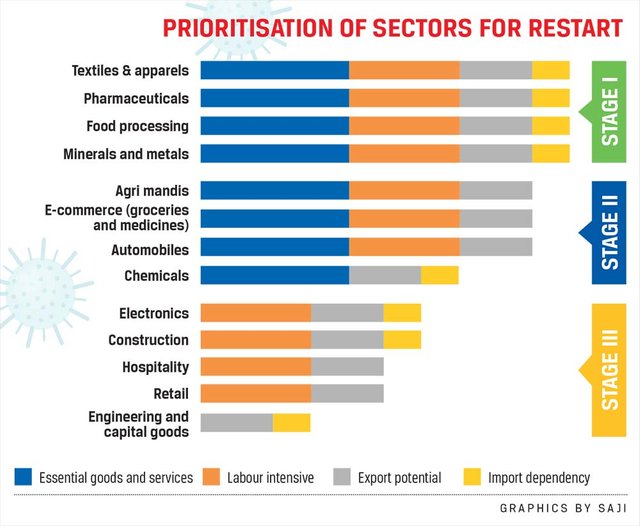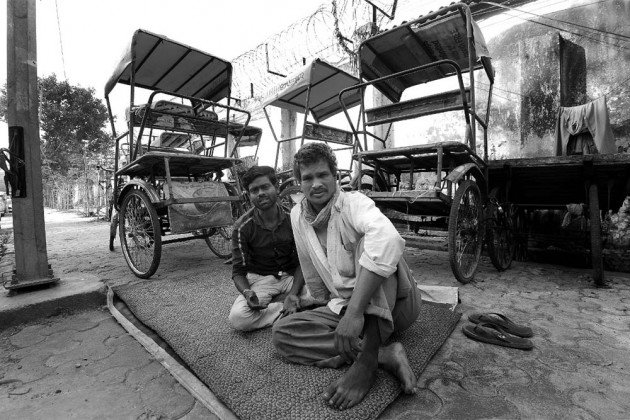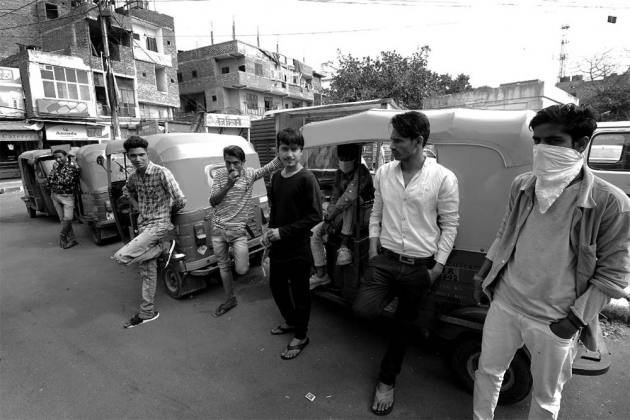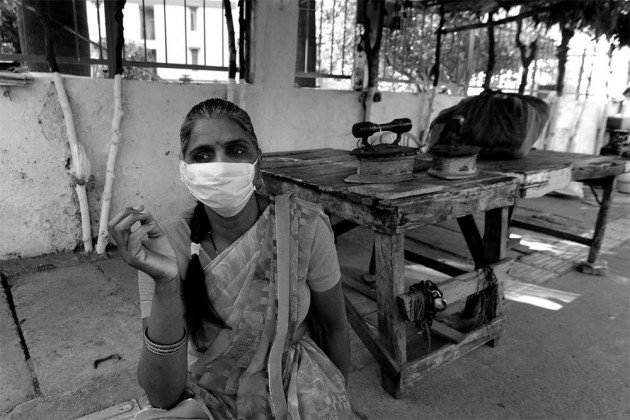Impact-of-COVID-19-Journalist-for-a-day
Hello everyone. I Hope everyone is doing great during these pandemic hard times. As we all know today the world is suffering from a huge crisis of a virus called COVID-19. So today in this article i will tell you guys what influence has this coronavirus made on local people's daily lives.
Impact of COVID-19 on daily lives for local people
For most of the people around the world today, the recent COVID-19 outbreak is a symbol of how fragile and unpredictable our lives can be in an unusual state of affairs. The virus which has changed the way in which most of us live, work or perform our basic day to day functions is continuing to increase its grasp at an alarming rate with the impact being felt at multiple levels resulting in economic slowdown, business disruption, trade hindrances, travel obstructions, public seclusion and so on.
Work from home initiative
The government has advised companies to implement 'Work from Home' policy for their staff to encourage "social distancing" to curb spreading of coronavirus infections.
As part of relaxations in compliance requirements, the corporate affairs ministry has allowed companies to conduct board meetings through video conference and other audio visual means till June 30.
With respect to the continuity of business, companies around the world have switched over to online or virtual modes of working while global mobility has come to a standstill. In India, various states have been exposed to a situation of complete lockdown which has led employers to ponder upon how they can keep their people safe, contain the spread of the virus and continue their operations effectively during this unprecedented crisis.
Human Consequences
In recent weeks, we have seen the significant economic impact of the coronavirus on financial markets and vulnerable industries such as manufacturing, tourism, hospitality and travel. Travel and tourism account for 10% of the global GDP and 50 million jobs are at risk worldwide. Global tourism, travel and hospitality companies closing down affects SMEs globally. This, in turn, affects many people, typically the least well-paid and those self-employed or working in informal environments in the gig economy or in part-time work with zero-hours contracts. Some governments have announced economic measures to safeguard jobs, guarantee wages and support the self-employed, but there is a lack of clarity in many countries about how these measures will be implemented and how people will manage a loss of income in the short-term.
Restriction of outside activities
In India, the government officials has restricted all the outside activities because of this pandemic to slowdown the coronavirus outbreak. Also the government has divided the states and union territories into 3 zones which are Red, orange and Green respectively.
Banned activities in all the Zones
Domestic and international air travel of passengers; passenger movement by trains, except those cleared by the government; interstate buses for public transport; Metro rails; schools, colleges and educational institutes; and hospitality services other than those for essential employees and those stranded. All cinema halls, shopping malls, gymnasiums, sports complexes, swimming pools will be closed. All social, political, cultural and religious gatherings are not allowed.
Allowed things in Green zone
All activities except those banned nationwide. Even buses can operate with up to 50% seating capacity; and bus depots with 50% capacity.
Red Zones
Cycle rickshaws and auto-rickshaws, taxis and cab aggregators, inter- and intra-district buses, and barber shops and salons are not permitted
And what’s allowed in red zones?
The government order lists certain activities allowed with restrictions. The movement of vehicles is allowed in certain cases, but with just two passengers besides the driver. Pillion-riding is not allowed for two-wheelers
Industrial activities in urban areas are limited to Special Economic Zones, Export Oriented Units, and manufacturing units of essential goods and pharmaceuticals, among others. Manufacturing of IT hardware and the jute industry are also allowed with staggered shifts and social distancing.
Construction activities in urban areas are restricted to sites where workers are not needed to be brought from outside, and to renewable energy projects
All malls and market complexes within city limits will be closed, but those selling essential items are exempt. All standalone shops and shops in residential complexes are allowed, but social distancing is a must
Commercial and private establishments, such as print and electronic media, and IT and IT-enabled services are allowed; e-commerce activities are permitted for essential goods
Private offices can operate with up to 33% strength. Government offices will function with officers of the level of deputy secretary and above; the remaining staff can operate with 33% strength. This rule will not apply to defence and security service, and fire and emergency services, among others.
In rural areas, all industrial and construction activities, including MGNREGA are permitted. All shops outside city limits, except those in malls are allowed. All agriculture and animal husbandry works are allowed.
Activities allowed across the country
Essential services such as health care and policing will continue to function. Friday’s order also says all states and Union territories will allow interstate movement of goods. No fresh permit is needed for activities already permitted. Outpatient departments (OPDs) and medical clinics are permitted, except for in containment zones.
Effect of COVID-19 on daily wage workers
The COVID-19 lockdown has robbed the daily wage workers of their earnings. delivery boys, contract workers and daily wage earners are either out of jobs or have seen a drastic drop in their earnings. For daily wage earners, a significant number of them migrants. the lockdown has come as a major disaster -at short notice, without giving them any clue to prepare for the consequences.
The self-employed include both the privileged professionals like doctors, lawyers, chartered accountants and the underprivileged like petty traders, tailors, barbers, construction workers, rickshaw/auto/Ola/Uber drivers and many others. one can assume that about 50% of the self-employed are underprivileged and vulnerable. Thus, the self-employed underprivileged in non-agricultural sectors could be 45.7 million.
The lockdown has forced nearly every office to allow its employees to work from home. With people confined indoors, the urban poor who earned their livelihood because of the needs of Delhi's huge working class suddenly find themselves out of work. Those who earned their livelihood by washing the cars of residents of gated communities and posh localities or people who offered laundry and ironing services have no work during the lockdown. Lakshmi, who ran a shack for ironing clothes in an East Delhi locality is just one of many such unwitting victims of the financial crisis triggered by the lockdown.
So that's all my dear friends everyone is suffering because of this pandemic so everyone please stay at your homes to save your lives.. Have a good day ahead.




Thank you for taking part in the latest 100 Days of Steem Challenge.
Keep following @steemitblog for new challenges every week.
The Steemit Team
Thank you @steemcurator01